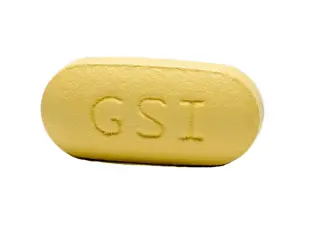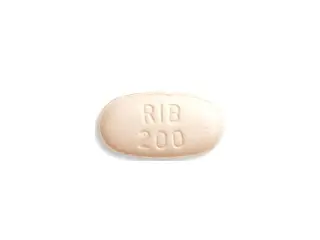Hepatitis C Virus (Hcv)
Explore a wide selection of effective Hepatitis C Virus (HCV) medications and treatments designed to support your health. Find trusted antiviral drugs and supplements to help manage and combat HCV symptoms, all available for convenient purchase.
Hepatitis C Virus (HCV) is a liver infection caused by the hepatitis C virus. It can lead to serious liver damage if left untreated. Treatment options have advanced significantly. Several effective medications are available. These medicines aim to clear the virus from the body and prevent liver complications.
Copegus is one of the important drugs used in HCV treatment. It contains ribavirin, which works by stopping the virus from multiplying. It is often used in combination with other antiviral drugs. Copegus is taken orally, usually twice a day. Side effects may include fatigue, headache, and anemia. Regular monitoring during treatment is necessary. Copegus is not used alone but rather with peginterferon alfa or direct-acting antivirals.
Daklinza, whose active ingredient is daclatasvir, is another medication for HCV. It belongs to the direct-acting antiviral class. Daklinza works by blocking a protein the virus needs to replicate. This stops viral growth effectively. It is taken once daily with or without food. Daklinza is often prescribed with sofosbuvir (Sovaldi) for treating certain HCV genotypes. Patients usually experience fewer side effects with Daklinza, but some may report headache or fatigue. It is well tolerated and has improved treatment outcomes.
Harvoni is a widely recognized medication in HCV therapy. It is a fixed-dose combination of ledipasvir and sofosbuvir. Harvoni targets the virus by inhibiting two crucial proteins needed for viral replication. It is taken once daily, which improves patient compliance. Harvoni treats multiple genotypes of HCV. This medication often leads to a cure within 8 to 12 weeks. It has a high success rate and a favorable safety profile. Common side effects include fatigue and headache, but most patients tolerate it well.
Sovaldi, containing sofosbuvir, revolutionized HCV treatment when introduced. It is a direct-acting antiviral that stops the virus's ability to reproduce. Sovaldi is used with other medications like ribavirin or daclatasvir. It provides a shorter and more effective treatment course. The usual treatment lasts 12 weeks but can vary based on the patient's condition. Side effects are mild, including nausea and insomnia in some cases. Sovaldi has significantly improved sustained viral response rates, leading to viral clearance in many patients.
Choosing the right medication depends on the HCV genotype, liver health, and previous treatment history. Medical supervision is essential during treatment. The combination of these antivirals offers hope for a complete cure. Treatment plans vary. Doctors usually perform genotype testing before prescribing medications.
Regular follow-ups are critical. Blood tests monitor liver function and viral load. Staying on the prescribed regimen helps avoid resistance and treatment failure. These drugs have transformed HCV from a chronic disease into a curable condition.
Resistance is rare but can occur if medications are not taken correctly. Patients should discuss all their medications with the doctor to avoid drug interactions. Harvoni and Sovaldi are often preferred due to high cure rates and fewer side effects. Daklinza and Copegus are valuable components in combination therapies.
In summary, modern HCV treatments focus on direct-acting antivirals. These include Copegus, Daklinza, Harvoni, and Sovaldi. They offer high efficacy and safety. Early treatment improves patient outcomes. These medicines have changed the landscape of hepatitis C management globally. They reduce the risk of liver cirrhosis, cancer, and liver failure. Patients living with hepatitis C now have several effective options to achieve viral clearance.



